There are a lot of great employment options available to nurses. But if you’re seeking an opportunity to earn more money you should look no further than agency nursing. As an agency nurse, you get the freedom and flexibility to take greater control over your income.
Let’s break down how this works, the kind of work you’ll do, and answer how you can earn more as an agency nurse.
What is an agency nurse?
An agency nurse works for a nursing agency, which is an independent company that provides staffing solutions for health facilities. The nursing agency works with a variety of different health facilities, like hospitals, and sends nurses out to fill any shift vacancies. Many agencies will specialise in a specific healthcare field or location, while others may provide a wider variety.
As an agency nurse, you’ll be able to choose the shifts you take up and the healthcare facilities you work in. You’ll then work as a nurse in these locations as normal, the only difference being that you are contracted by an agency.
What kind of work will you be doing as an agency nurse?
Being an agency nurse gives you greater control over where you work. This means you can choose to work in hospitals that you like and do the work that relates to your specialty. So, you’ll get the jobs that you want, in a variety of locations, with some of the best healthcare professionals in the industry.
It’s why so many agency nurses love the work they do. The flexibility with not just hours, but the range of clinical environments you can choose from, as well as the career development opportunities, are all unmatched in comparison to staff nursing.
How you can earn more
With flexibility comes greater control over how much you earn. We’ve broken down 4 things that determine how much you can earn and what you can do to increase your earnings.
1. Casual pay rates
According to Indeed.com an agency nurse earns an average of $102,465 per year, while a staff nurse earns an average of $80,159 per year. This is because agency nurses are employed as a casual employee and receive a higher base hourly rate. So, an agency nurse who works the same hours as a staff nurse will earn significantly more per year.
Of course, being a casual employee does mean that you don’t receive benefits such as annual leave or sick leave. But this can be managed. You can save money to cover any time off or pick up extra shifts afterwards to recover any lost income. As an agency nurse, the choice is entirely yours.
2. Work more (or less) hours
Agency nurses have the flexibility to choose how many (or how few) hours they work. This means you can pick up more shifts to earn more when you need it. Are you saving up for a holiday or a house? Just pick up a few more hours and you’ll reach those saving goals faster. You have that flexibility.
While you won’t be guaranteed a set number of shifts per week, nurses are in high demand so, you’ll likely be able to work as much as you want.
The good news is that with First Choice Care, you have the luxury of choice, with both adhoc metropolitan shifts and rural and remote short term contracts available across QLD, NSW and NT with some great benefits, so you can get guaranteed work and earn more.
3. Enhance your staff nurse salary
If you’re already employed as a staff nurse but want to make a little extra on top, agency nursing may be your best bet. With a nursing agency, you can add some extra shifts when you have time. The number of extra shifts you take on can depend on how much time you have and how much money you need.
It’ll also give you the opportunity to diversify your skillset. You’ll be able to work at a variety of different healthcare facilities and work with many of the best nurses. At First Choice Care, we have agency work across Brisbane, Gold Coast, Sunshine Coast, Toowoomba and in selected rural and remote areas, so there is plenty of work available. Check out our job board for locations and specialties.
4. Work in rural and remote locations
Nurses are in high demand in many rural towns across Australia. With this demand comes the opportunity for higher pay. If you’re willing to fly in and fly out to a rural or remote town for a short period, then you’ll have a lot of opportunities to make more money and speed up the advancement of your career. At First Choice Care, our rural and remote nurses are paid well and offered many benefits such as free travel and accommodation and living away from home allowances. Find out more about the many benefits working as a FCC Rural and Remote Nurse or Midwife.
Our Rural and Remote team is always happy to chat with you. Check out the contracts available here or request a call back to speak to one of our friendly team members.
Conclusion
Agency nurses have a lot of options to earn more money. Not only do agency nurses start off with a higher hourly base rate, but the flexibility available allows them to work more hours. For staff nurses, taking up a shift or two of agency work can provide the opportunity to make more money and boost your career.
If this opportunity sounds exciting, you should check out our job listing page and apply today.
More articles





